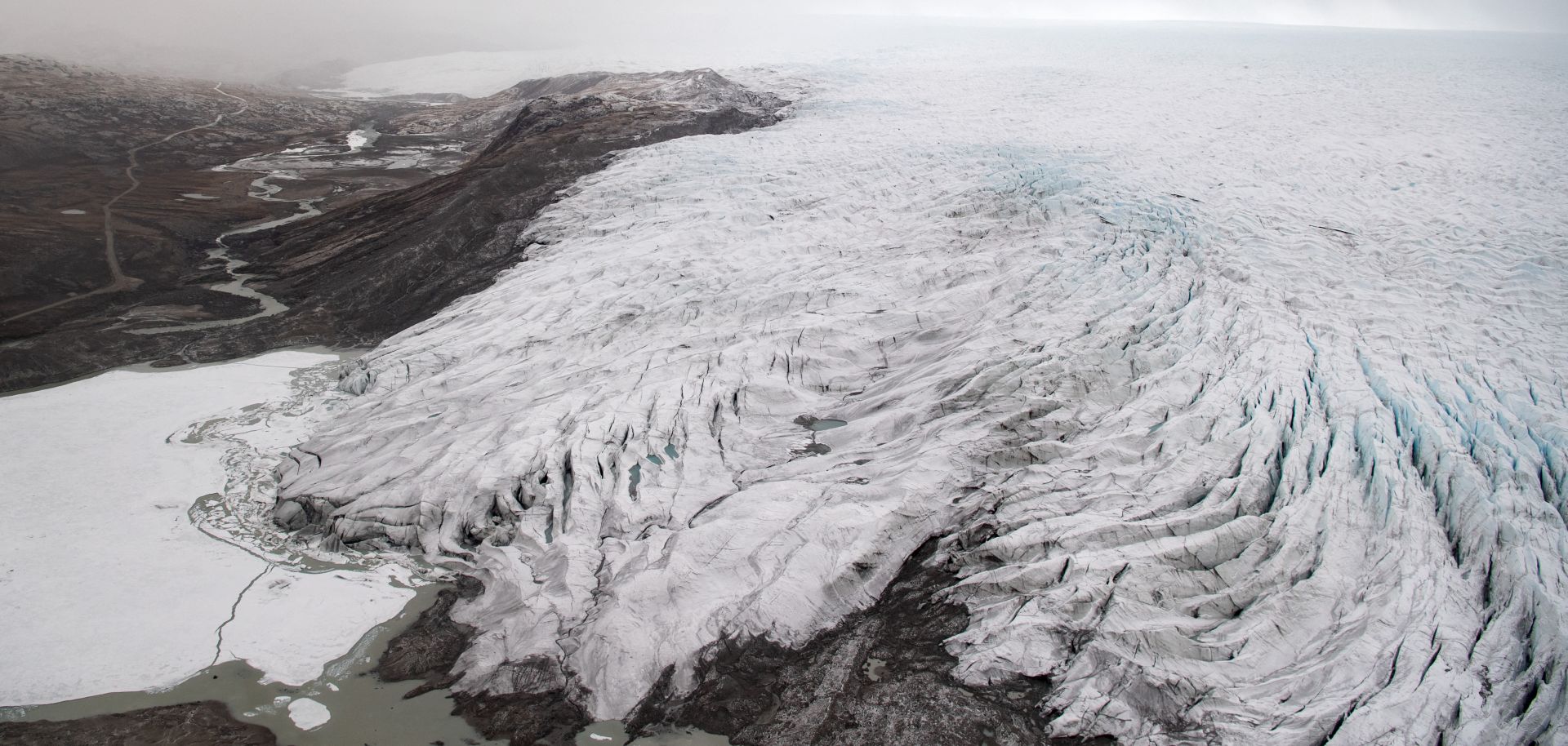A variety of converging factors stand ready to accelerate the energy transition away from hydrocarbons. Board room pressure, government incentives and growing popular support will force oil and gas companies to change their behavior. As the world slowly emerges from the COVID-19 pandemic, many commodity prices are on the rise. However, prices for those metals and minerals involved in the energy transition — i.e. lithium, copper and rare earth elements — will likely remain high beyond the initial recovery. Sustained demand and limited supply, along with the strategic nature of electrification technology, will drive nation states to ensure the security of supply chains for these elements.
For the United States and its allies, this security will include finding sources for mining or processing rare earth elements that do not involve China. Australia provides an alternative location, but so does Greenland. And rising temperatures in the Arctic will only further raise interest in the island’s abundant natural resources. Although Greenland’s current government will push back against certain mining operations, the financial benefits of resource extraction will likely outweigh the environmental priorities for future governments. So long as Greenland remains tied to Denmark, the strategic interest of Europe and the West will be favored. But should the island gain independence — something its government and population want in the long run — the competition between China and the West over access and control of Greenland’s vast minerals will only increase.




